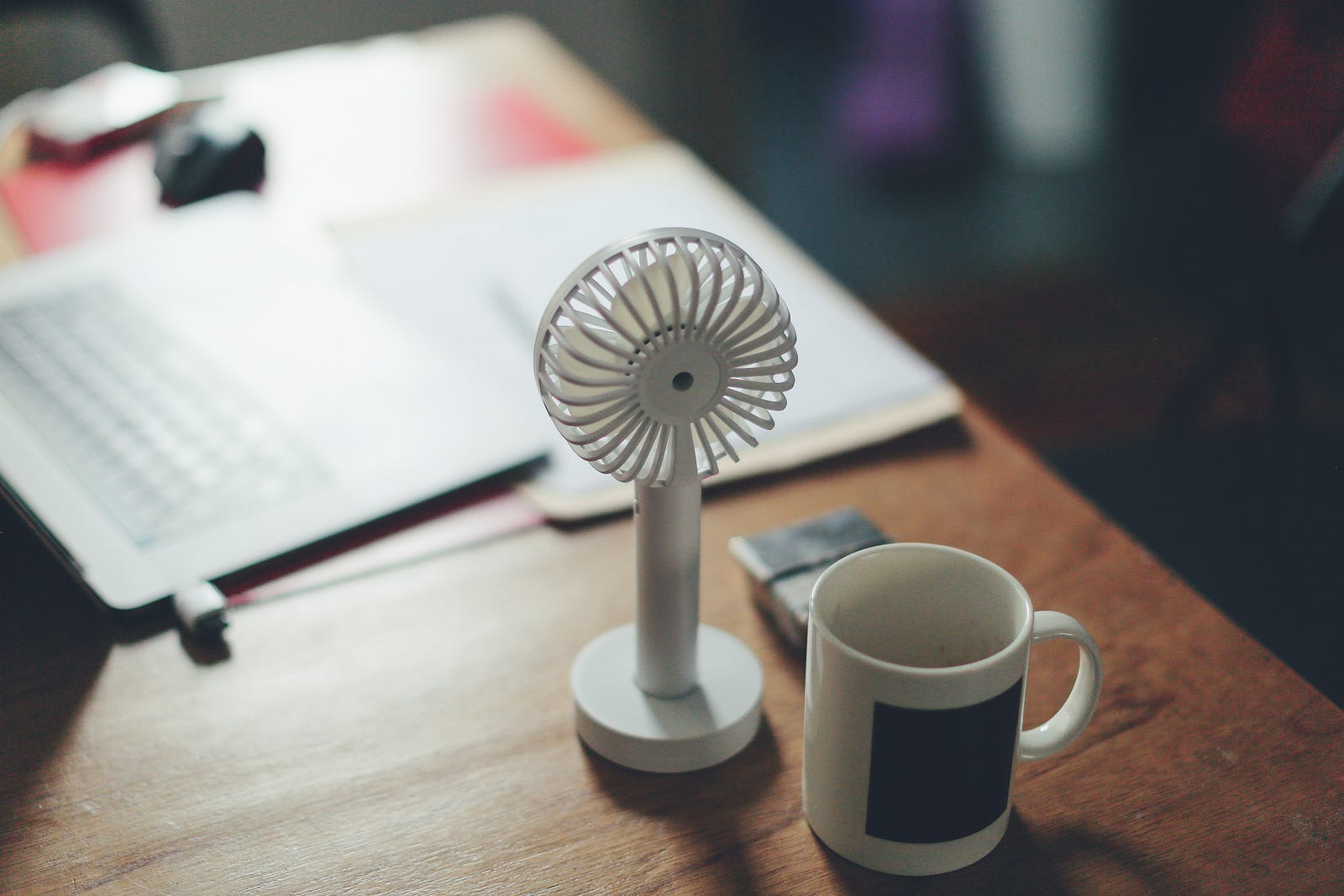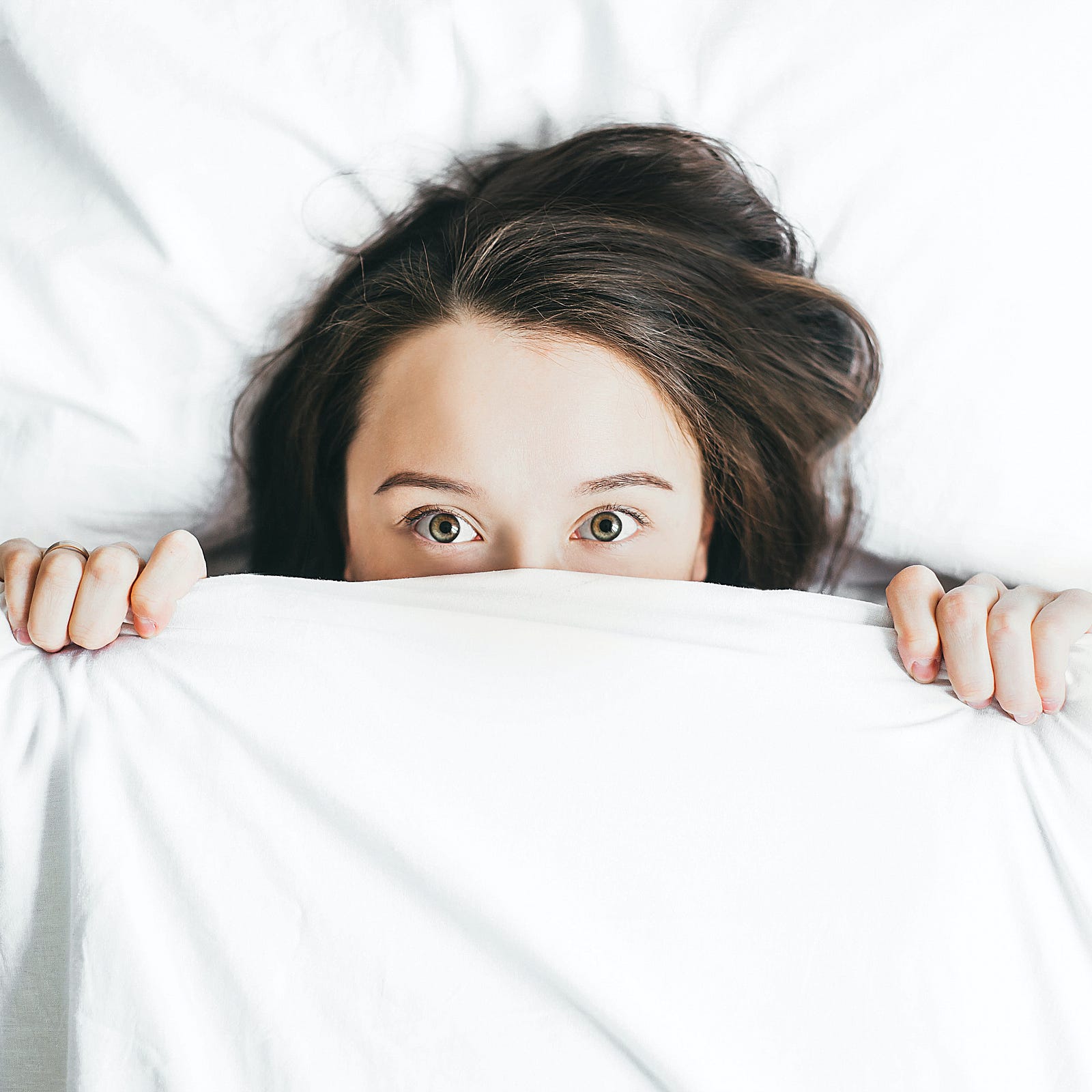DISTRESSING. DEBILITATING. TROUBLESOME. I hear these words every week from my patients. Did you know that 3 in 4 women in menopause have unexpected symptoms? This essay explores hot flashes and other plot twists: The unscripted drama of menopause.
When I ask my patients if they have menopausal symptoms, they often think only about hot flashes and vaginal dryness.
Perhaps this is because the medical system “gaslights” them, offers Louise Newson, MBChB, head of the United Kingdom’s largest menopause clinic. Many clinicians dismiss women’s concerns as unimportant.
Unfortunately, hormone drops can affect numerous body parts.
That is the lesson I have learned in 30 years of medical practice. Stop and listen, and you will hear of many symptoms associated with menopause.
A new study aimed to learn what menopausal symptoms women were experiencing and what the subjects viewed as important.
Study Demographics
A total of 5744 women responded to a British survey, 80 percent between 40 and 60. Eighty-five percent were white.
I find this observation troubling:
Thirty percent of respondents had two to five hospital consultations before a healthcare professional considered that symptoms were related to changing hormone levels.

Nearly 95 percent reported having had negative mood changes since entering the period around menopause. Of these, one in five received a diagnosis of a mood disorder or depression.
What Symptoms Did Women Report?
The researchers queried whether women had experienced any unexpected symptoms since entering the period around menopause.
The answer? Three out of four (74 percent) women reported having surprising symptoms. Here are some of the most commonly reported problems:

Joint discomfort was the most common unexpected symptom associated with the time around menopause.
The second most common problem was eye dryness (26 percent). One in four women reported heart palpitations.
One in five women had hair issues, including thinning, loss, and dryness.
Diagnosis Problem
Many women have trouble sleeping in their early to mid-40s. They often tell me it is unrelated to menopause; they still have periods.
But menopausal symptoms often start years before menstruation ceases. The Mayo Clinic (USA) reminds us of this:
Perimenopause means “around menopause.” The term refers to the time in which your body makes a natural transition to menopause, marking the end of the reproductive years. Perimenopause is also called the menopausal transition.
What to Expect in Perimenopause
My patients report starting perimenopause across a wide range of ages. Some are in their mid-to-late 30s; more commonly, women are in their 40s.
The main “female” hormone — estrogen — rises and falls unevenly during perimenopause. Some women have menstrual cycles without their ovaries releasing an egg.
In perimenopause, some see a shortening of their menstrual cycles; others report lengthening. I often hear about hot flashes (especially at night), challenges with sleep, and vaginal dryness.

Perimenopausal Symptoms
Here are some perimenopausal symptoms:
- Irregular periods. As ovulation becomes more unpredictable, the interval between periods may be shorter or longer, menstrual flow may be light to heavy, and you may miss some periods. If you have a persistent change of at least seven days in your menstrual cycle length, you may be in early perimenopause. If you have 60 or more days, you are likely in late perimenopause.
- Hot flashes and sleep problems. Hot flashes are common during perimenopause. The frequency, intensity, and length vary. Sleep problems are often due to night sweats, but sleep occasionally becomes unpredictable, even with nocturnal hot flashes.
- Mood changes. Irritability, mood swings, or a higher depression risk may occur during perimenopause. The cause may be sleep disruption associated with hot flashes. Mood changes may also be secondary to factors unrelated to perimenopausal hormonal changes.
- Vaginal and bladder problems. As estrogen levels diminish, vaginal tissues can lose lubrication and elasticity. These changes can make sexual intercourse more challenging. Low estrogen may also increase the chances of suffering from vaginal or urinary infections. Loss of urine control can result from tissue tone loss.
- Decreasing fertility. As ovulation becomes irregular, your chances of achieving a pregnancy decrease. Still, as long as you have periods, pregnancy is possible. If you wish to avoid pregnancy, please use birth control until you have had no periods for one year.
- Changes in sexual function. During perimenopause, sexual desire and arousal may change. However, if you had satisfactory sexual intimacy pre-menopause, this will likely continue.
- Bone loss. With decreasing estrogen levels, you lose bone more quickly than you replace it. This phenomenon increases your osteoporosis risk — a disease involving fragile bones.
- Changing cholesterol levels. Decreasing estrogen levels can cause unfavorable blood cholesterol changes, including an increase in low-density lipoprotein (LDL) cholesterol — the “bad” cholesterol — contributing to a higher risk of heart disease. High-density lipoprotein (HDL) cholesterol — so-called “good” cholesterol — decreases in many women as they age, increasing the risk of heart disease.
Menopause
Once a woman has gone through 12 consecutive months without a menstrual period, they have entered menopause; perimenopause is over.

About 5 percent of women go into early menopause, having symptoms between ages 40 and 45. One percent go into premature menopause before reaching age 40.
Early menopause can occur naturally. Alternatively, ovary removal or cancer treatment (such as radiation therapy that hits the ovaries or chemotherapy) can induce early menopause.
Some autoimmune diseases can also be the cause.
The menopause transition begins and ends at different times. Factors like your personal health history, family history, and your smoking history can all impact the timing.
Final Thoughts — Hot Flashes and Other Plot Twists
If you think you’re in perimenopause or menopause, please talk with a healthcare professional. A simple test can tell you based on your blood hormone levels.
Symptoms such as hot flashes typically last more than seven years. Genital or urinary symptoms are often chronic.
Fortunately, there are hormonal and non-hormonal options for management.
For example, estrogen alone (or combined with progesterone) reduces symptoms such as hot flashes by about 75 percent. Oral and transdermal (across the skin) estrogen have similar effectiveness.
Of course, there can be significant side effects, so please check with a valued clinician.
Thank you for reading “Hot Flashes and Other Plot Twists.“



